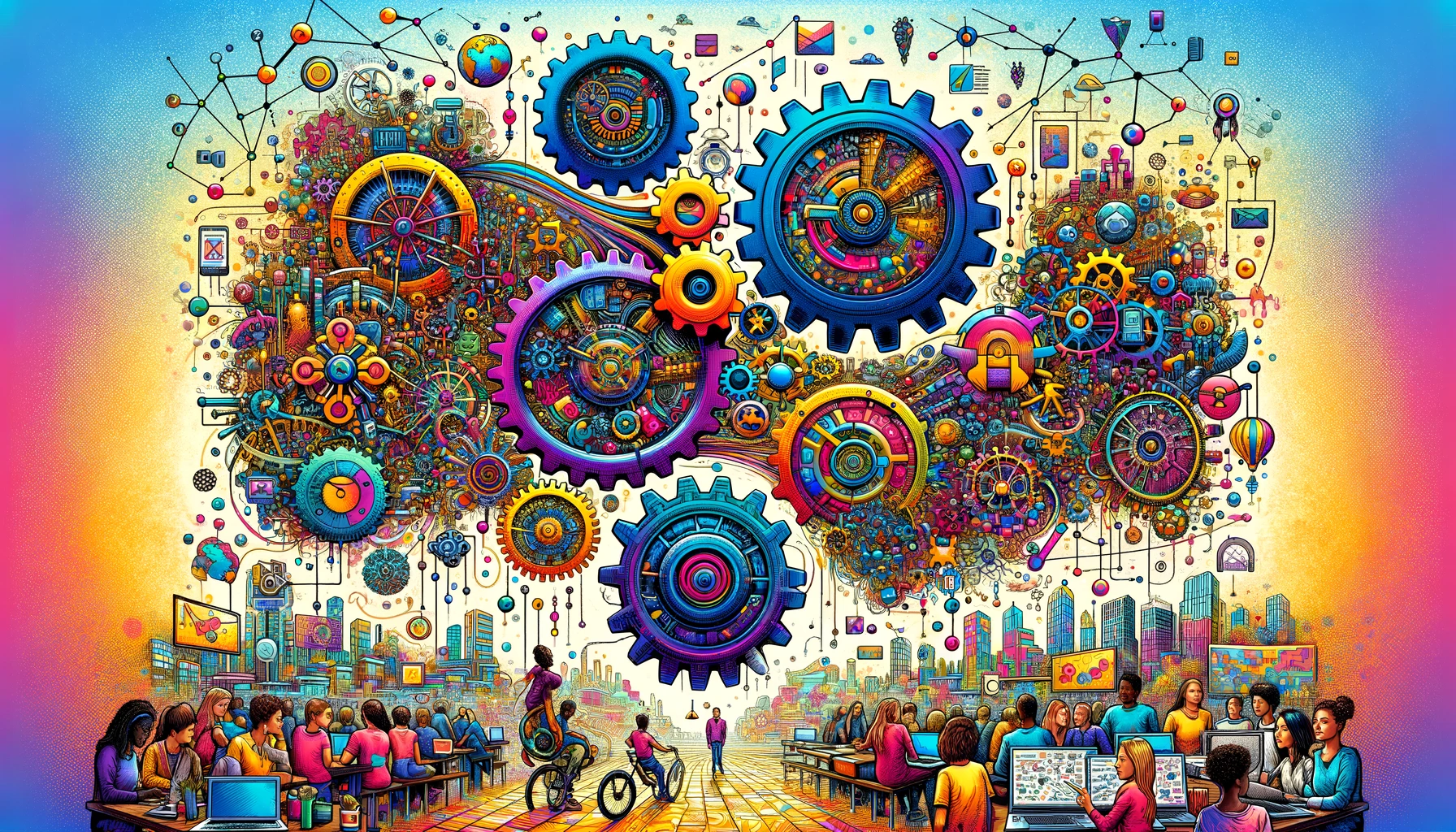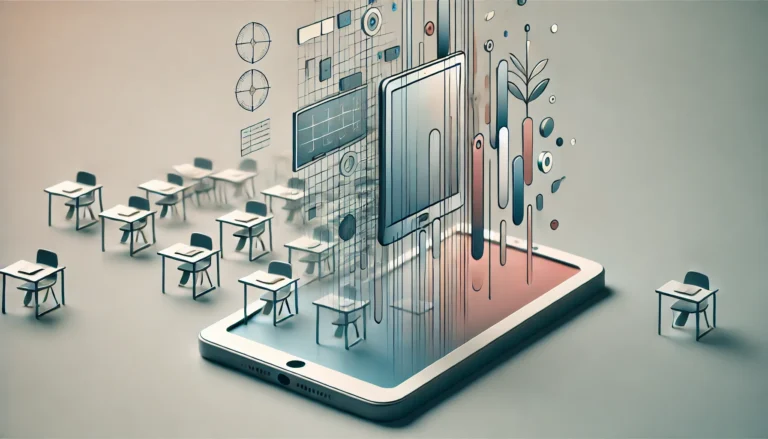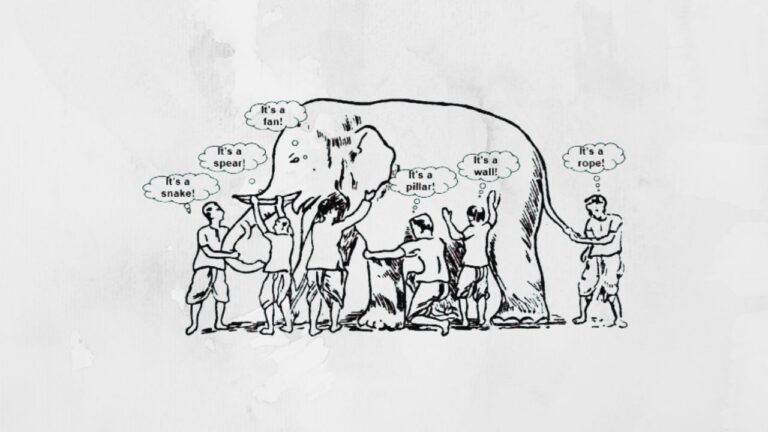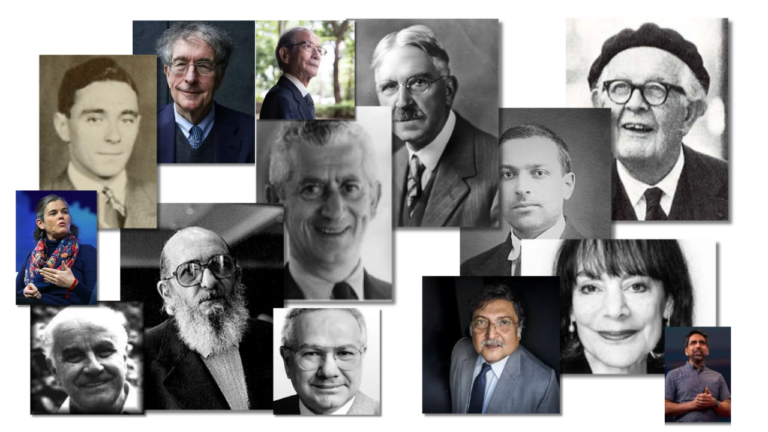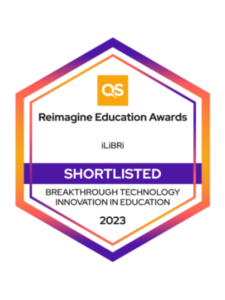In the dynamic realm of education, the convergence of artificial intelligence (AI) and pedagogy sparks conversations and ignites possibilities. With UNESCO actively shaping an AI competency framework for students and teachers, the horizon holds promise for transformative shifts in educational landscapes worldwide.
At iLiBRi, our mission orbits around crafting solutions attuned to the evolving dynamics of knowledge acquisition and dissemination. We’re acutely aware that contemporary educational structures often fail to resonate with the digital fabric of students’ daily lives. From YouTube to TikTok and many online information sources, students navigate a digital labyrinth vastly different from traditional learning environments.
This disjunction poses formidable challenges, making learning experiences detached and arduous for students to engage fully. While learning management systems (LMSs) are helpful, they usually fail to nurture critical thinking, foster dialogue, and facilitate holistic knowledge exchange, primarily privileged STEM subjects. If not, they are detached from the rest of our experience about knowledge and its management.
Yet, the crux of the matter lies in technological infrastructure and educators’ digital literacy. Educators struggle to tailor pedagogical approaches to resonate with their digital-native sensibilities without a firm grasp of students’ technological fluency levels.
Regrettably, educational institutions lag behind industries like gaming in cultivating critical thinking, strategic planning, and design skills. Attempts to gamify education often flounder, failing to replicate the immersive experiences offered by actual games and underscoring a chasm in educational methodologies.
Bridging this digital literacy gap among educators is imperative. It necessitates aligning with the digital acumen of today’s learners, fostering collaboration, and effectively leveraging AI in teaching methodologies. Success hinges on implementing AI tools and educators’ adeptness in harnessing their full potential.
It seems that UNESCO’s guidance operates under the premise that students may lack awareness of the potential risks associated with AI and digital communication tools. In contrast, educators may lack proficiency in utilizing these tools and recognizing their pedagogical advantages. Teachers often highlight the hazards of social media, lacking firsthand experience with these platforms. Meanwhile, students seamlessly transition between various tools while educators grapple with mastering the basics of the initial tool. For instance, while students embrace platforms like TikTok, some educators remain entrenched in Facebook groups and similar platforms.
While students adeptly navigate lightning-fast communication tools, educational institutions struggle to synchronize with their IT administration, grappling with concepts like 2-step authentication. Moreover, educators often find themselves proficient at best in email communication, while students resort to email only when necessary.
Yet resistance persists, particularly among humanities and social studies educators who are reluctant to embrace AI and other emerging technologies. Many cling to outdated methods, apprehensive about the authenticity or efficacy of modern tools.
This reluctance is palpable, evidenced by professors who eschew digital platforms for traditional paper-based feedback and collaboration methods. Progress hinges on nurturing a new breed of educators—advocates for progressive learning methodologies, unencumbered by the shackles of tradition.
Excuses like “I am trained that way” only stymie progress, perpetuating the chasm between tradition and innovation. Yet, hope abounds. As we challenge entrenched mindsets and champion innovative tools, we usher in a new era of education—dynamic, inclusive, and poised to meet the demands of a rapidly evolving world.
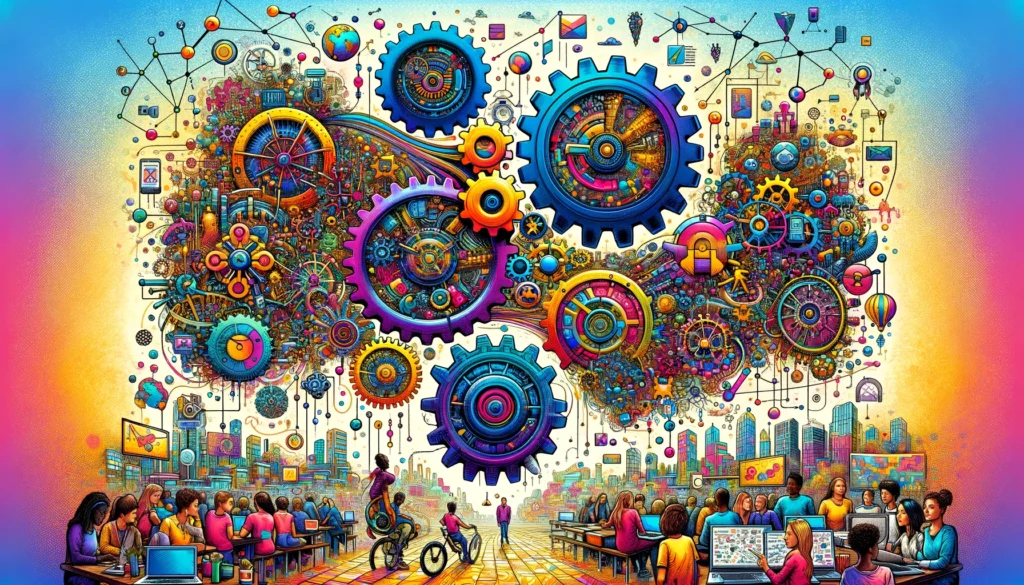
Integral to this transformative journey are foundational texts like “Pedagogy of the Oppressed,” which lays critical theoretical groundwork, and “A Pedagogy for Liberation,” offering practical solutions through a dialogical approach. These texts provide valuable insights and tools for driving meaningful educational reform, particularly in countries where corruption, politicization, or ideological biases compromise the educational system. By combining deep theoretical insights with actionable strategies, these texts serve as beacons guiding us toward a future where education is genuinely emancipatory and empowering.
Integrating AI into pedagogical frameworks should not be perceived as a mere conservative measure or a potential hazard. Instead, it should catalyze transformative change within learning processes, educational systems, and the regulatory landscape governing them. Merely leveraging AI to power existing credential systems falls short of the profound shift needed in conceptualizing and reimagining knowledge, learning, and education.
The essence of this transformative endeavor lies in liberating students and educators from the confines of antiquated frameworks and regulations and their entrenched values. The traditional notion of formal education and its associated credentials must undergo a fundamental reevaluation. It’s imperative to reconceptualize credentials in direct alignment with real-life experiences and their tangible impact on each nation’s economy.
The distinction between formal, informal, and non-formal education becomes obsolete in this reimagined paradigm. Instead, the focus shifts towards fostering meaningful relationships between individuals’ educational journeys and their practical engagement with the socio-economic landscape. AI and related technologies should be harnessed to automate existing processes and to instigate a profound shift towards a more dynamic, inclusive, and responsive educational ecosystem.
